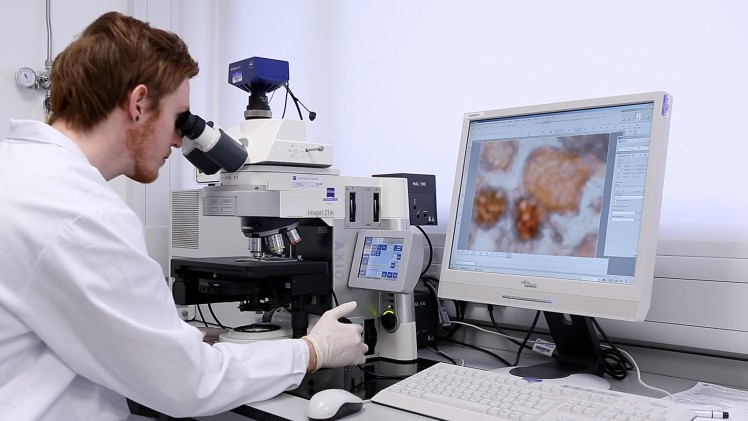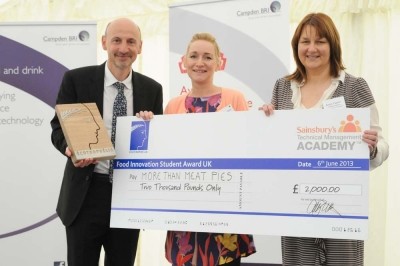Food Vision
Celebrity chefs needed to sell food science to consumers

At an event at the Food Vision Conference in Cannes yesterday (April 1), Chris Cornyn, founder and president of US food and drink agency Dine, said food technologists were not getting their messages across.
They needed to make use of the skills of people that consumers were more likely to trust about the food they ate, said Cornyn, speaking at a ‘Big Debate’ on ‘Tomorrow’s food today’.
“The trouble is technology people start thinking about food without consulting with people,” he said. “Even food companies trying to make that bridge between technology people and food people and innovation people – that’s where the real work is going to be [required].”
Real innovation
Cornyn added: “We all have a responsibility to try to make those bridges happen because that is where we are going to find real innovation and bring consumers into that conversation. But for some reason we are a very siloed kind of industry.”
He noted that research and development (R&D) and technology staff in the food industry tended to work in isolation from those involved with innovation, marketing and consumer insights.
“As we evolve it really needs pushing us all together, as the consumer is asking for solutions and answers that can only be achieved by bringing all of these things together,” he added.
This view was supported by Kevin Brennan, ceo of Quorn Foods, which markets the novel mycoprotein Quorn, developed by chemical company ICI over about 20 years at a cost of £100M and now widely eaten by vegetarians.
“Even in recent years we had a tendency to be an R&D company and not a food company, and as we tried to explain to people what mycoprotein was,” said Brennan. “That doesn’t really help to try to explain what it is to a customer; they want to know what it does and if it is going to taste good.”
Heston Blumenthal
Brennan added that it was important to get the latest food R&D across to chefs like Heston Blumenthal who are doing really exciting things with food and science. Blumenthal’s combination of food and science has been labelled ‘molecular gastronomy’.
“They can’t just use food science to give people something to eat; it’s that blend which is where the magic will be,” said Brennan.
Phil Hood, consumer engagement centre lead – Europe for Unilever, added: “One of the problems we face is people’s confidence in chemicals. Chemicals is seen as a nasty word ... and yet people will see Heston on television using chemicals and it’s fantastic innovation. How we bridge that gap is the great challenge we face.”
While a challenge, it is achievable, said Brennan, who used the example of brewing – basically a chemical fermentation process – as something widely accepted and not questioned by the public. “So there is no question that people can cope with science, but they don’t want it presented as science: nobody has ever sold beer by presenting it as a chemistry process.”
















